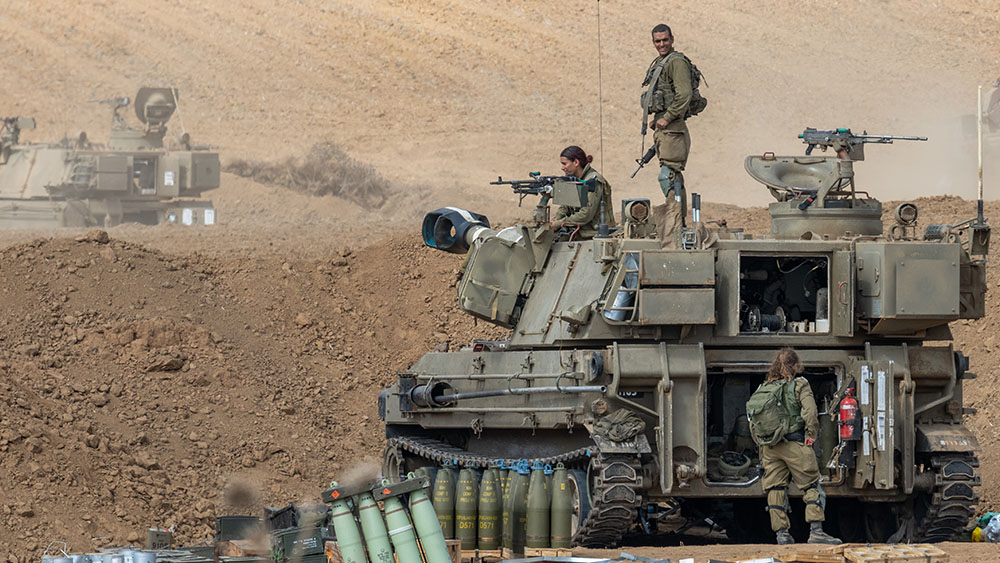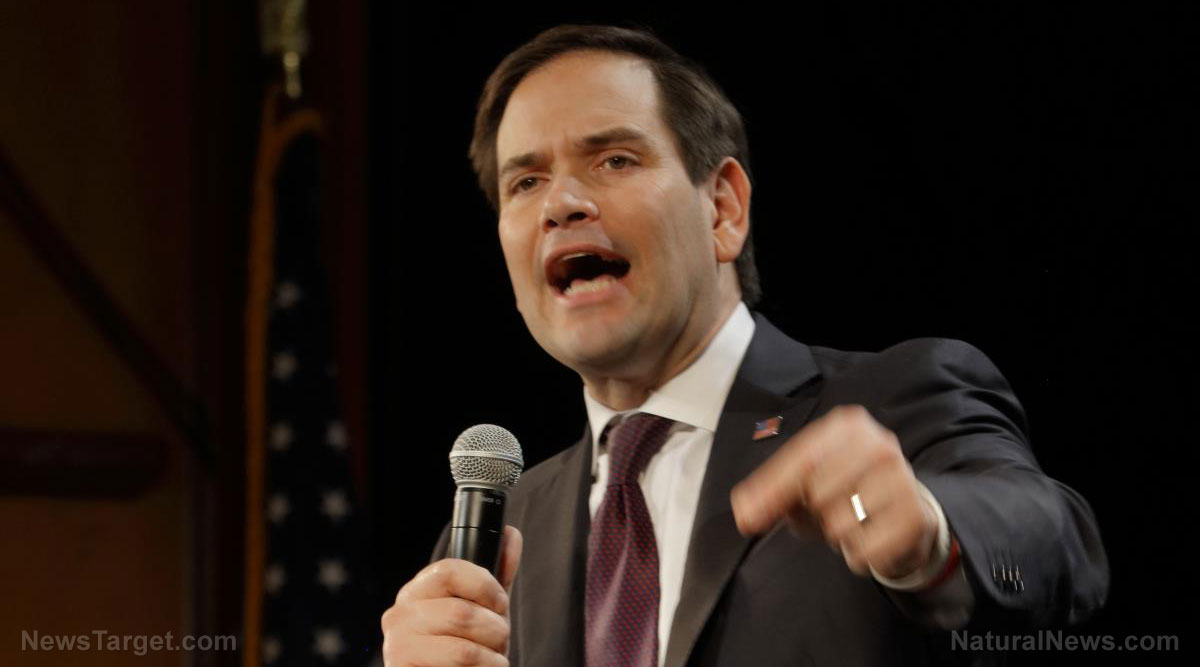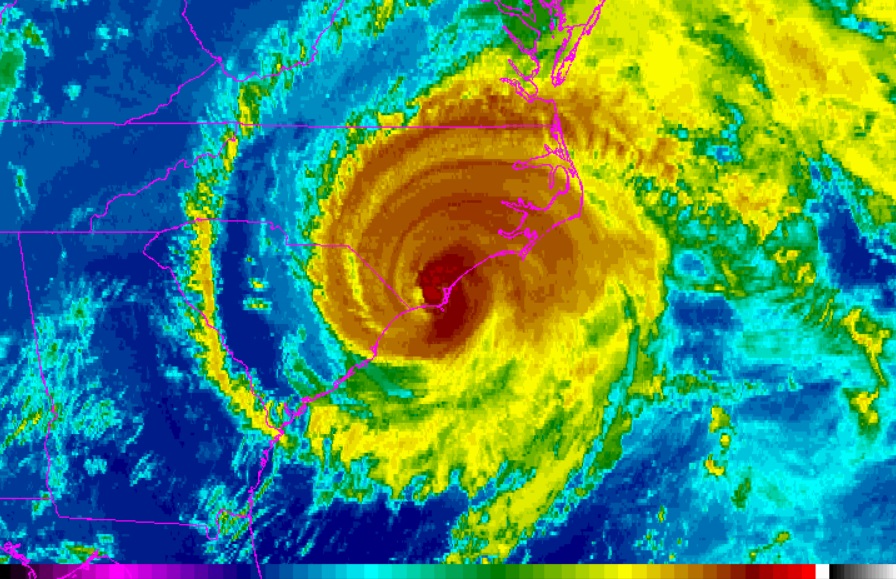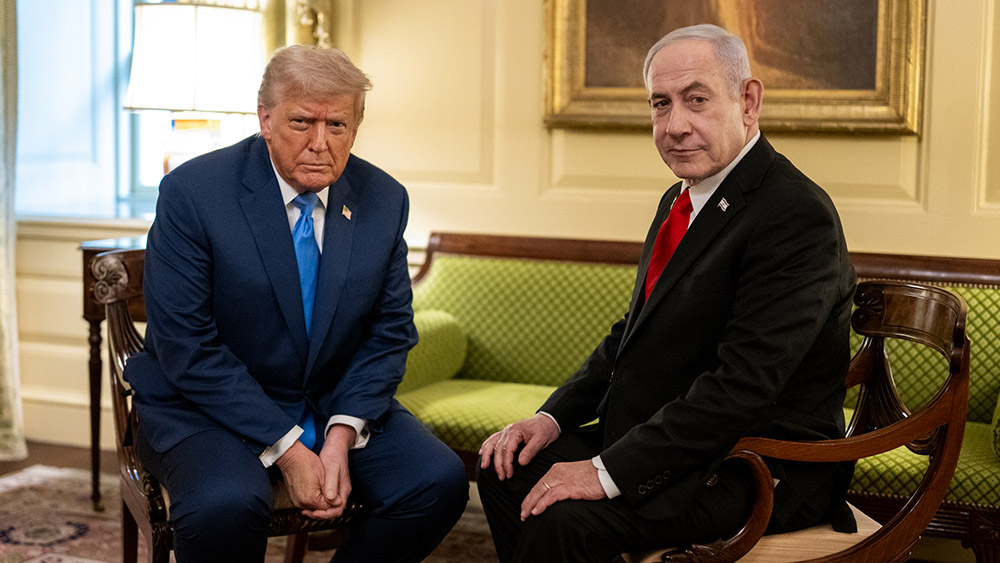 Parler
Parler Gab
Gab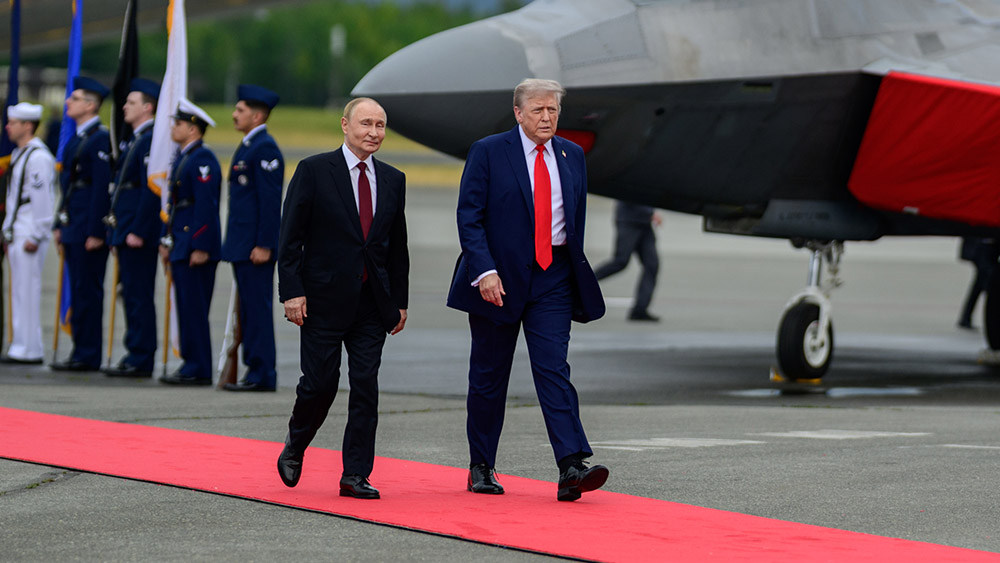
- President Trump and Vladimir Putin are planning a summit in Budapest to discuss the Ukraine conflict.
- Bulgaria has offered an air corridor to help Putin bypass an EU flight ban to attend.
- Hungary has assured it will facilitate Putin's entry and exit for the talks.
- The logistical challenge exists because of an EU airspace ban on Russian aircraft.
- European leaders have mixed reactions, with some supporting and others criticizing the planned summit.
Navigating diplomatic airspace
Hungary has positioned itself as an ideal venue for such talks under the leadership of Prime Minister Viktor Orbán, who has cultivated strong ties with both Putin and Trump. Hungarian Foreign Minister Peter Szijjarto has already assured that "we will, of course, ensure that he can enter Hungary, hold successful talks here, and then return home." The choice of Budapest gained further significance when Hungary announced its withdrawal from the International Criminal Court in April. The ICC issued an arrest warrant for Putin in 2023 on war crimes charges related to the deportation of Ukrainian children. Russia, which is not a party to the ICC, dismissed the warrant as "legally void." An EU Commission spokeswoman clarified that individual member states can grant derogations from the airspace ban, noting there is no travel ban on Putin himself, only an asset freeze. This leaves the decision in the hands of countries like Bulgaria that might lie along potential flight paths.Circuitous routes to peace
The most direct route from Moscow to Budapest would likely pass through the Black Sea, Turkey, and then either Bulgaria or Romania before reaching Hungary via Serbia. Bulgaria shares no border with Hungary, but both countries border Serbia, which maintains friendly relations with Moscow and refuses to impose sanctions. Romania has responded cautiously to speculation about providing airspace, with a spokesperson noting that "Romania has not received a request for overflight from the Russian Federation to date." No formal request has been made to Bulgaria either, according to officials. Alternative routes would be considerably longer. Putin could fly via Turkey, around Greece's southern coast, and through Montenegrin airspace before crossing Serbia. This circuitous path would avoid multiple EU and NATO member states but extend the journey significantly. European leaders have expressed mixed reactions to the planned summit. While EU's top diplomat Kaja Kallas and Eastern member states have criticized excluding Ukrainian President Volodymyr Zelenskyy, ministers from Western countries including the Netherlands, Germany and France have offered tentative support. The potential meeting represents the complex balancing act between diplomatic overtures and maintaining pressure on Russia. As European Commission spokeswoman Anitta Hipper stated, any meeting that moves forward "a just and lasting peace for Ukraine" is welcome. For now, the practical arrangements for getting two leaders to the same room may determine whether new peace talks can begin. The very discussion of flight paths and airspace permissions reveals the intricate dance behind what could become a significant diplomatic engagement. Sources for this article include: RT.com Euractiv.com BBC.co.uk AlJazeera.comTrump warns against Tylenol use during pregnancy, calls for vaccine schedule overhaul
By Belle Carter // Share
Rubio defends Israeli airstrike as accusations of Gaza ceasefire violations mount
By Cassie B. // Share
Tucker Carlson declares Putin as the “most popular leader in the world”
By Kevin Hughes // Share
Netanyahu insists Israel retains full control over security decisions in Gaza
By Belle Carter // Share
Governments continue to obscure COVID-19 vaccine data amid rising concerns over excess deaths
By patricklewis // Share
Tech giant Microsoft backs EXTINCTION with its support of carbon capture programs
By ramontomeydw // Share
Germany to resume arms exports to Israel despite repeated ceasefire violations
By isabelle // Share
